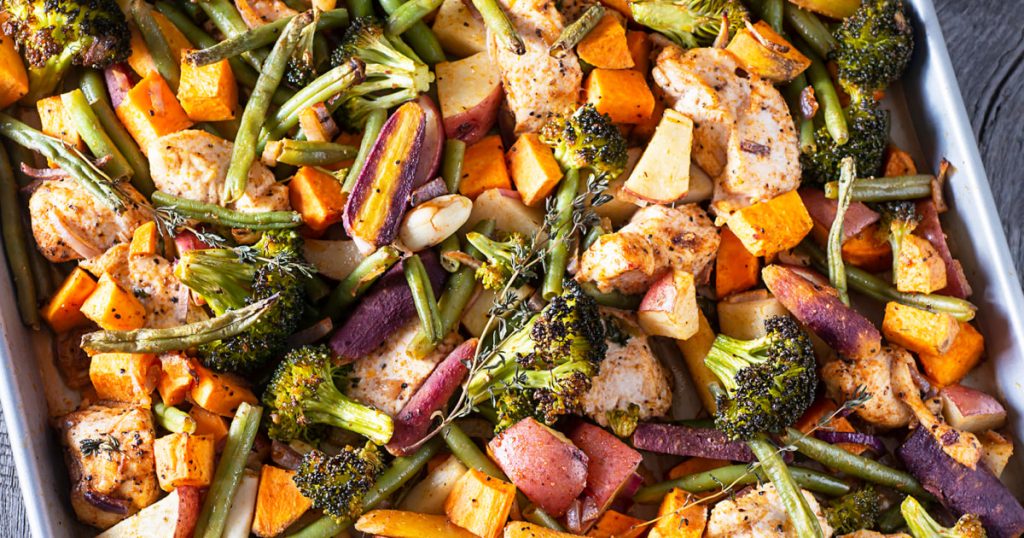High-fiber vegetables play a key role in promoting gut health, heart health, and weight loss. These vegetables, such as leafy greens, cruciferous veggies, carrots, sweet potatoes, and more, are not only fiber-rich but also contain essential nutrients like vitamin C and folate. The recommended daily intake of fiber is 14 grams per 1,000 calories consumed, with many adults falling short of this goal. Adding high-fiber vegetables to your diet can alleviate digestive issues and aid in nutrient absorption, making it a crucial component of a healthy lifestyle.
Fiber acts as a “street sweeper” for the gastrointestinal system, aiding in waste removal and preventing constipation and bloating. With soluble fiber slowing down meal movement and insoluble fiber increasing stool bulk and speed, high-fiber vegetables provide essential support for gut health. By incorporating a variety of plant-based foods like vegetables, fruits, whole grains, beans, and legumes into your diet, you can easily increase your fiber intake and promote overall well-being.
While all plant foods contain fiber, certain vegetables stand out for their high fiber content. Artichokes, greens, carrots, broccoli, beets, cauliflower, sweet potatoes, Brussels sprouts, and tomatoes are rich in fiber and offer a range of health benefits. These versatile vegetables can be prepared in various ways such as grilling, steaming, roasting, or adding to salads, making it easy to include them in your meals. Additionally, some high-fiber vegetables act as prebiotics, promoting the growth of beneficial gut bacteria for improved gut health.
Incorporating both soluble and insoluble fiber into your meals is essential for maintaining a healthy digestive system. While soluble fiber regulates blood sugar and cholesterol levels, insoluble fiber adds bulk to stool and promotes a feeling of fullness, aiding in weight loss. Vegetables, particularly high-fiber varieties, are excellent sources of insoluble fiber, helping prevent constipation and maintain intestinal health. By consuming a balanced diet rich in plant-based foods, you can ensure you are getting the necessary fiber for optimal health.
High-fiber vegetables like artichokes, greens, carrots, broccoli, beets, cauliflower, sweet potatoes, Brussels sprouts, and tomatoes are ideal choices to boost your fiber intake. These vegetables can be included in a wide range of recipes such as salads, side dishes, roasted vegetables, or snacks, offering not only fiber but also various essential nutrients like vitamin C and folate. By incorporating these fiber-rich vegetables into your diet, you can support your gut health, improve digestion, and enhance overall well-being.
In conclusion, high-fiber vegetables are essential for a healthy diet and play a crucial role in promoting gut health, heart health, and weight loss. By increasing your intake of fiber-rich vegetables, you can alleviate digestive issues, improve nutrient absorption, and support the growth of beneficial gut bacteria. With a variety of options to choose from, such as artichokes, greens, carrots, broccoli, beets, cauliflower, sweet potatoes, Brussels sprouts, and tomatoes, you can easily incorporate high-fiber vegetables into your meals and enjoy their numerous health benefits. Remember to combine these vegetables with other plant-based foods to ensure a well-rounded, fiber-rich diet for optimal health.


